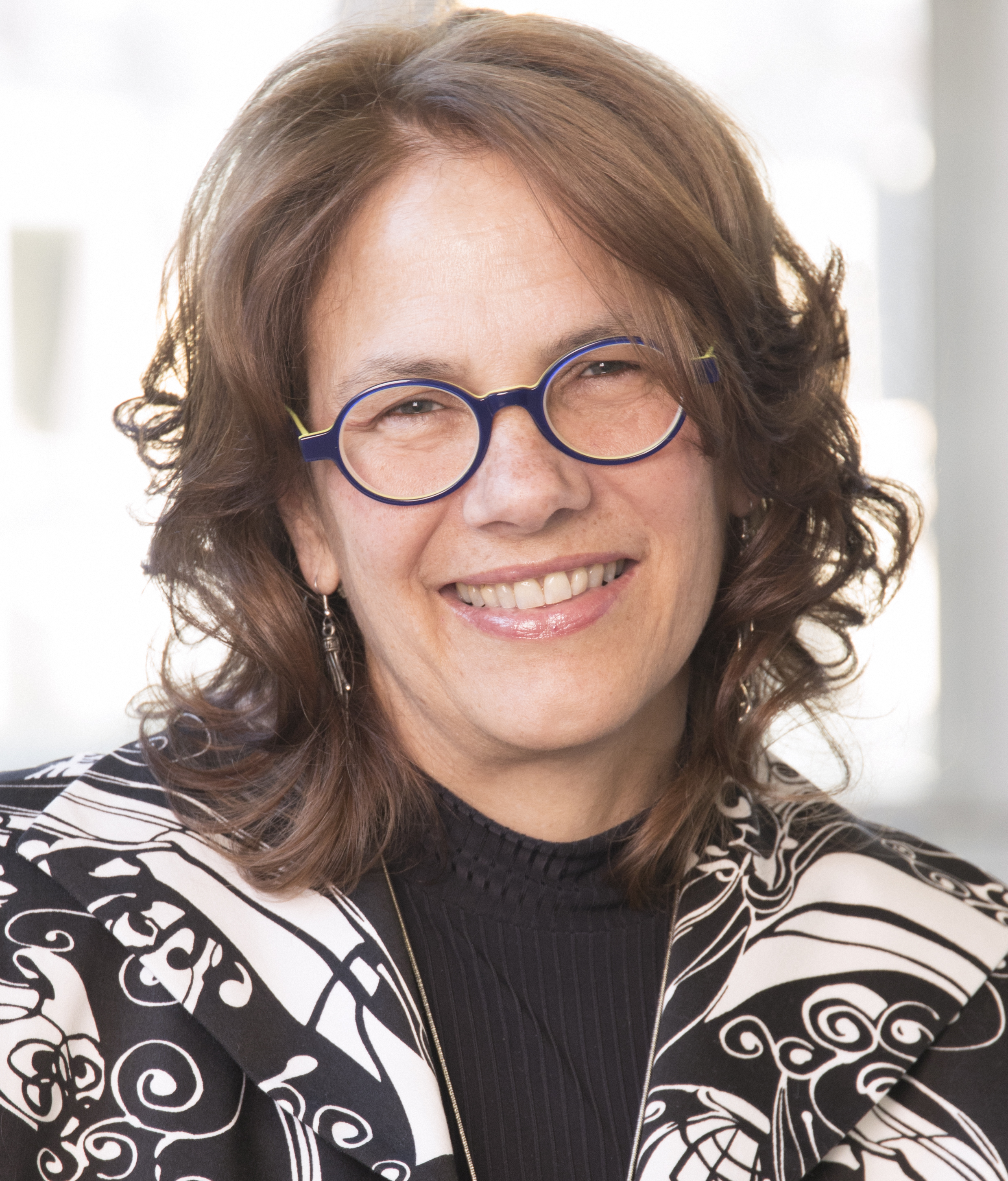Aggregated News

Prof. Françoise Baylis is a renowned bioethicist and recipient of this year’s Killam Prize in the humanities. Her work on the ethics of gene editing and other technologies related to human reproduction offers clear guidance and thought-provoking critical insights into an area of research that is not only on the cutting edge of science, but tied to the most profound emotions of women and their partners who are trying to have children.
Transcript
Cameron: Ah, thank you so much for taking the time to do this. I want to talk at a higher level about the kind of work that you do, but what I'm really interested in is getting at, like, how does a philosopher participate in this kind of research? Like, what do you actually do during the day? You don't, you don't have a lab of your own, that sort of thing. Right. Because of course you're doing research in an area that is quite emotionally laden, if nothing else.
Françoise: One of my first jobs actually was not in academia. I worked full-time at the Hospital...



